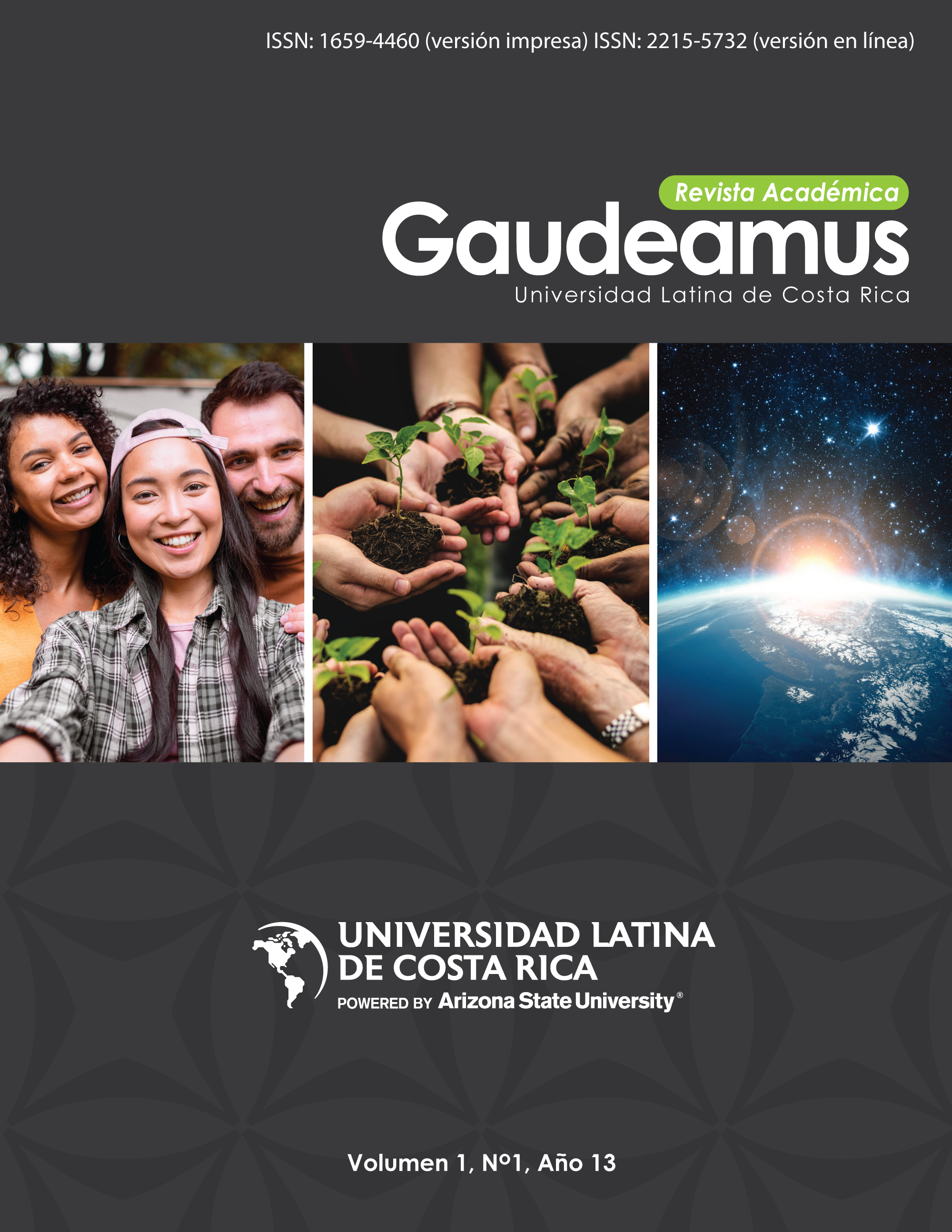Decline of the Neo-Extractivist Model, Authoritarian Drift, and Socio-Environmental Crisis in Venezuela under the Bolivarian Revolution
El caso del Arco Minero del Orinoco
Keywords:
This research examines how the crisis of the neo-extractivism model and the rise of authoritarianism during the Bolivarian Revolution have intensified the socio-environmental crisis in southern Venezuela, focusing on the Orinoco Mining Arc. Due to the economic crisis and the drop in oil prices, the Venezuelan government has promoted mining as an alternative, presented as a sovereign and sustainable solution. However, in practice, this activity has caused severe environmental damage, displaced indigenous communities, and increased violence and corruption in the region. Internationally, mining expansion has encouraged mineral smuggling and the involvement of transnational armed groups, further intensifying violence and weakening state sovereignty. The research is based on a mixed analysis, using both qualitative and quantitative data, and employing content and discourse analysis techniques. The findings indicate that the deterioration of the neo-extractivism model and the strengthening of authoritarianism reinforce each other, driving extractivism expansion and consolidating the authoritarian regime in Venezuela. This has worsened the socio-environmental crisis and generated negative impacts in areas of high biodiversity, affecting both the environment and the human rights of local communities., neoextractivism, extractivism, authoritarianism, Bolivarian Revolution, VenezuelaAbstract
This research analyzes how the crisis of the neo-extractivist model and the rise of authoritarianism during the Bolivarian Revolution have intensified the socio-environmental crisis in southern Venezuela, focusing on the Orinoco Mining Arc. Due to the economic crisis and the fall in oil prices, the Venezuelan government has promoted mining as an alternative, presented as a sovereign and sustainable solution. However, in practice, this activity has caused severe environmental damage, displaced Indigenous communities, and increased violence and corruption in the region. At the international level, mining expansion has fostered mineral smuggling and the involvement of transnational armed groups, which has further intensified violence and weakened state sovereignty.
The study is based on a mixed-methods analysis, combining qualitative and quantitative data, and employing content and discourse analysis techniques. The results indicate that the deterioration of the neo-extractivist model and the strengthening of authoritarianism are mutually reinforcing, driving extractive expansion and consolidating the authoritarian regime in Venezuela. This has deepened the socio-environmental crisis and produced negative impacts on areas of high biodiversity, affecting both the environment and the human rights of local communities.







